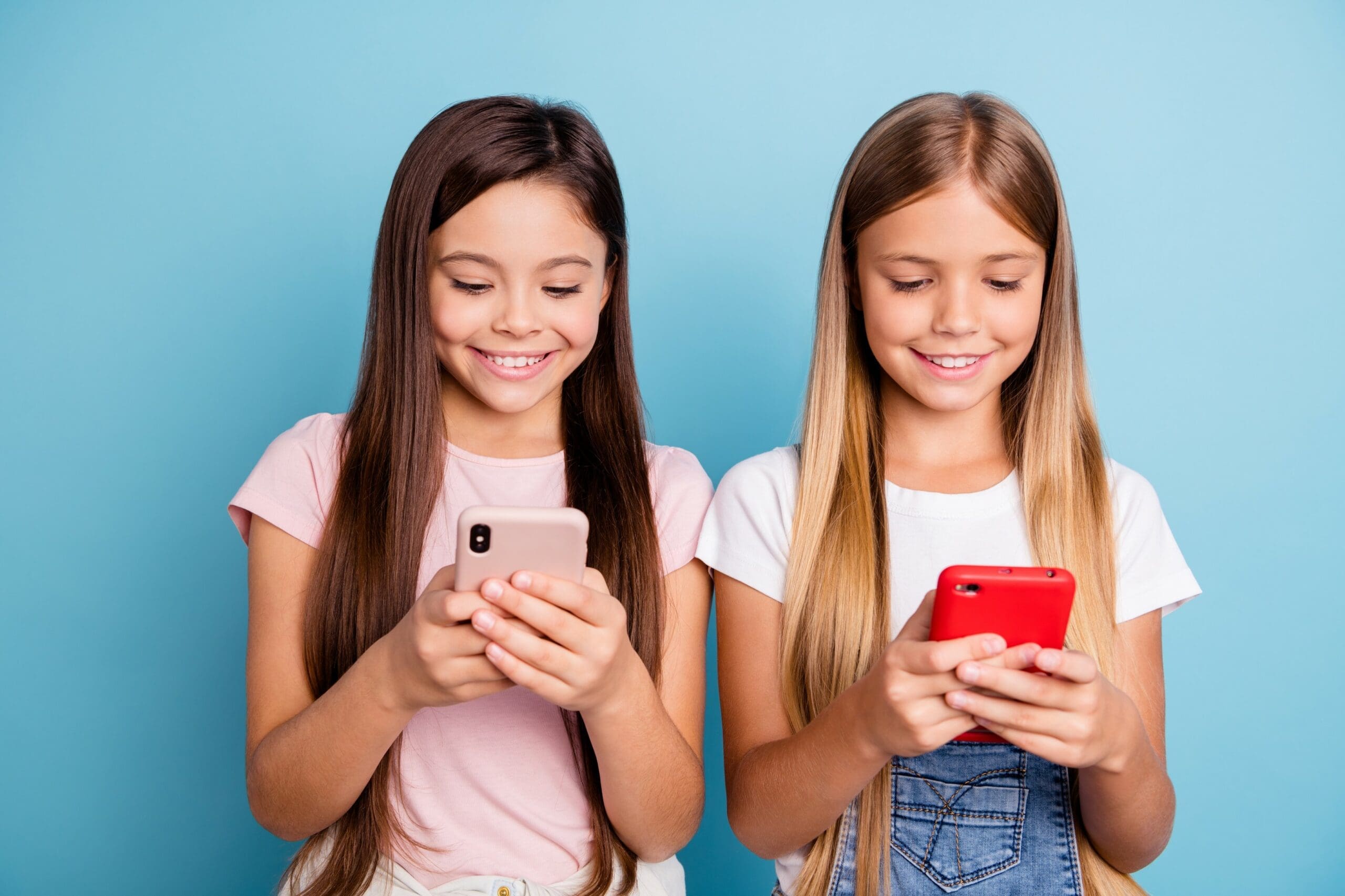Instant messaging is the new normal way of communicating for most teenagers. The frenzied bouncing of texts around groups has many benefits including building peer-esteem and is increasingly used as a way to facilitate collaboration on homework and school projects.
There is also a downside to instant posting and responding to messages across groups including bullying in its many and varied forms, the posting of inappropriate images and the fear that failing to respond will bring social isolation.
Research has shown that excessive mobile phone use after kids go to bed is detrimental to mental health and increases the risk of suicidal and self-injury tendencies in both boys and girls.
A research team from Rutgers Medical School examined the sleeping habits and grades of more than 1,500 high school students in New Jersey.
Those teenagers who turned their phones off within 30 minutes of turning the lights out had better school grades than those who left their phones on and continued texting for more than 30 minutes.
Those who continued texting had less and poorer quality sleep. During the day they experienced greater daytime tiredness and struggled to maintain concentration.
Implications
Sleep is an absolute necessity for teenagers. Promptly falling asleep, by being unencumbered by the social pressures of instant messaging, brings on rapid eye movement (REM) sleep and enables the brain to begin the complex process of consolidating memories, including learnings.
Teenagers need more sleep than adults with experts agreeing that eight and a half hours each night is optimal.

